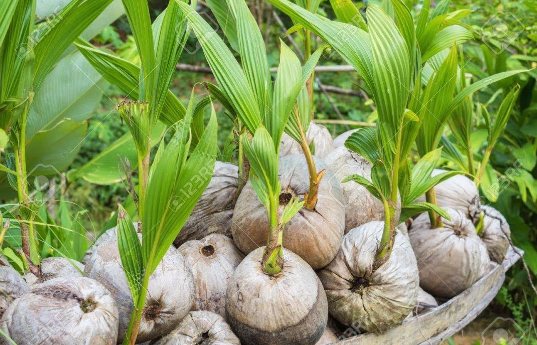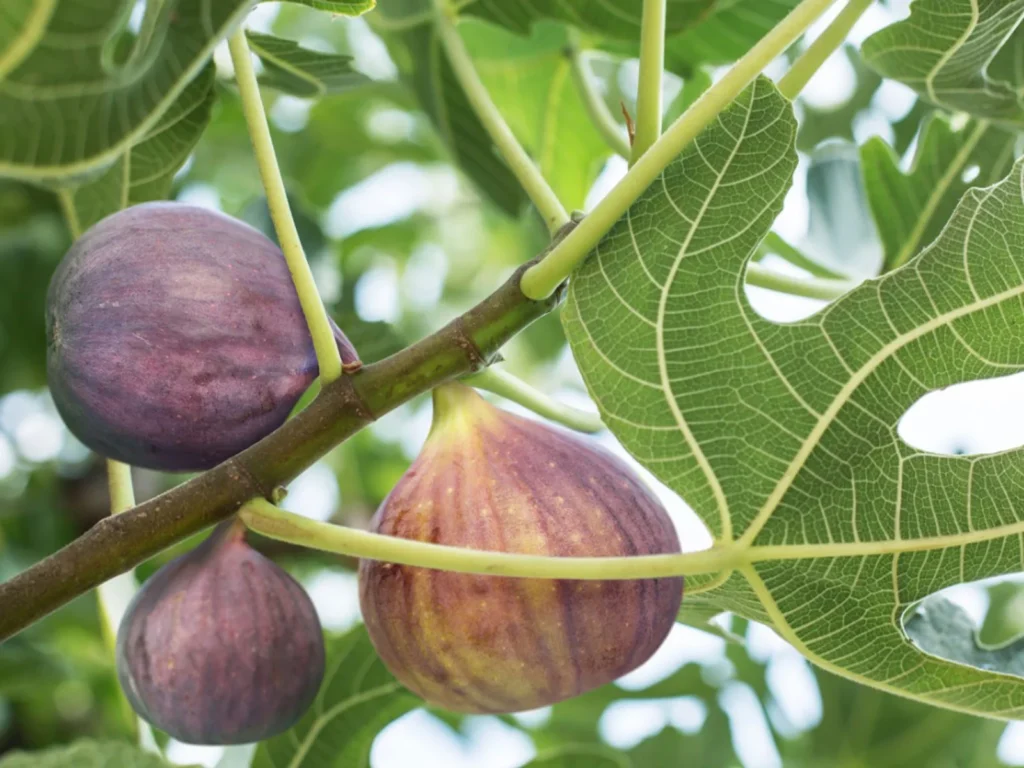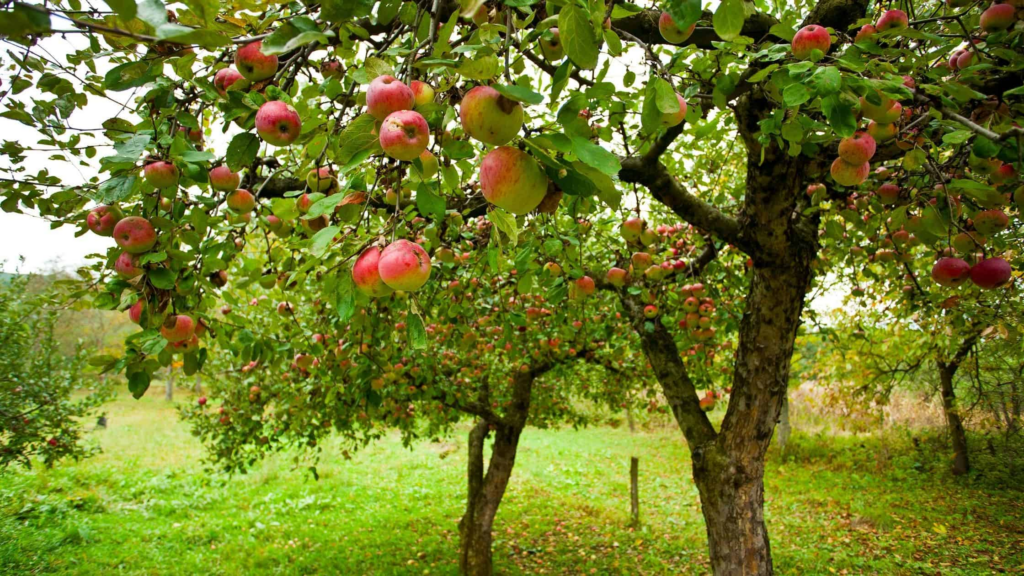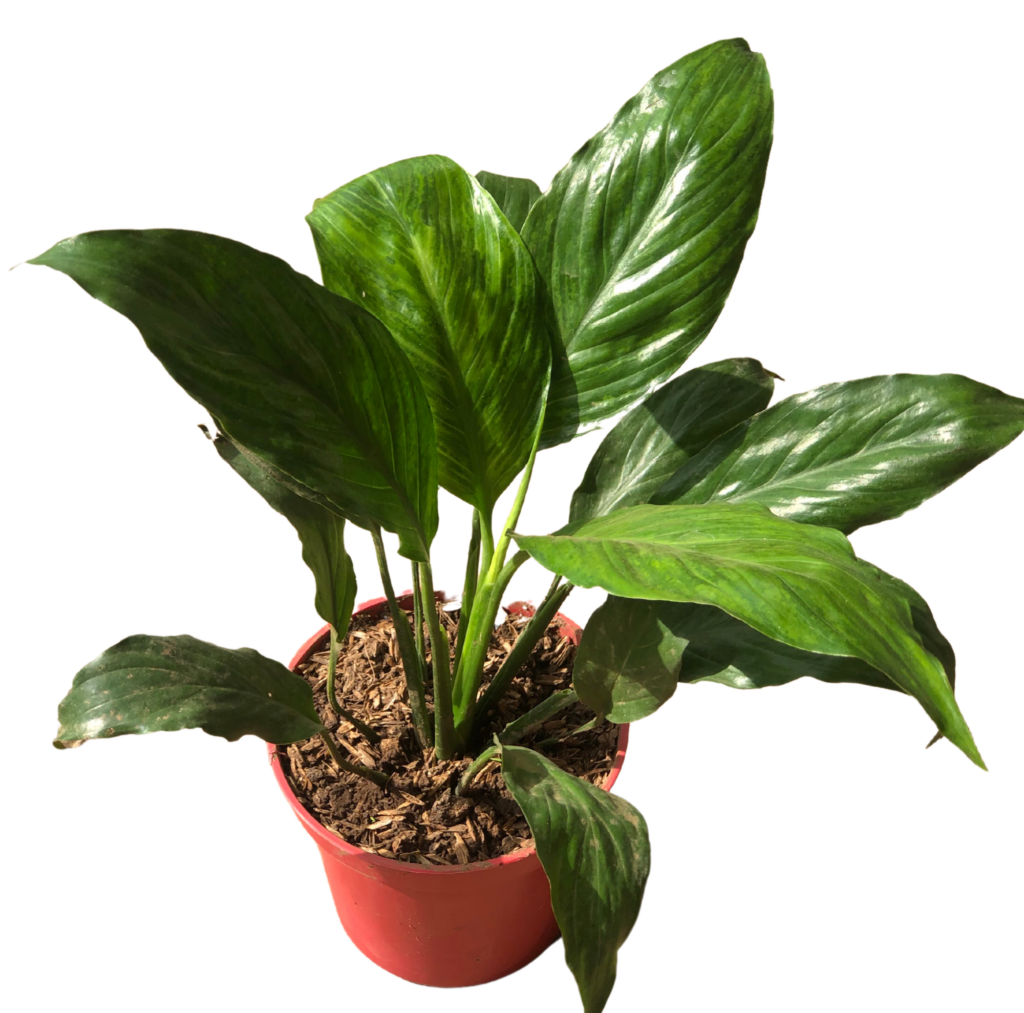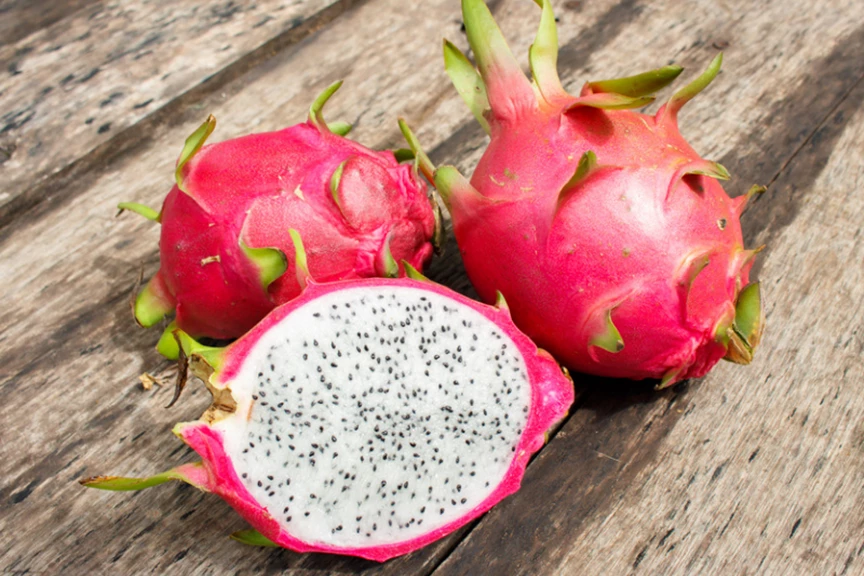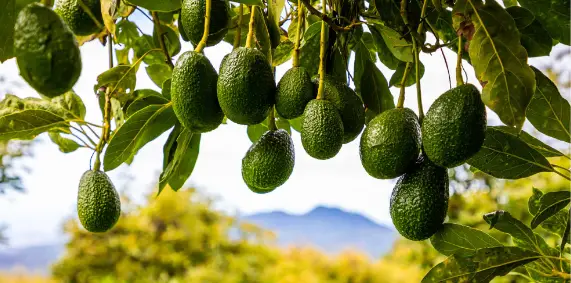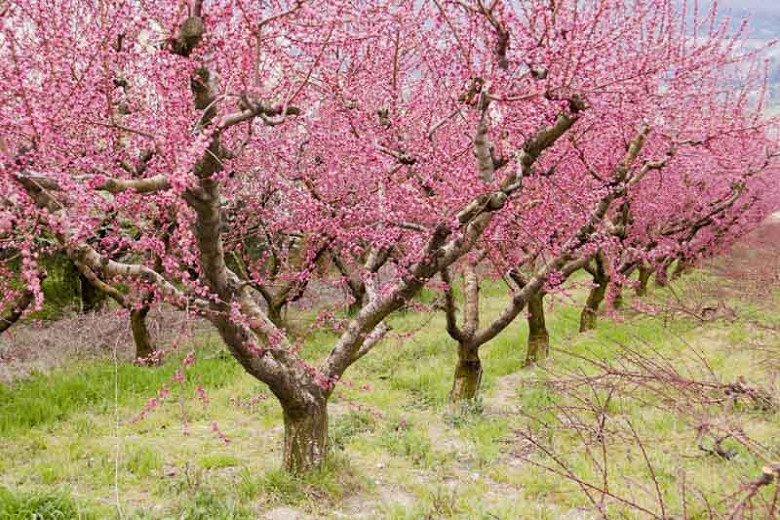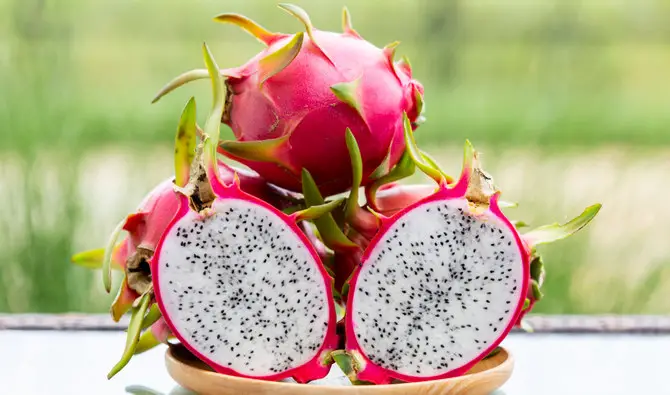Watering fruit trees the right amount is key to their care. But how much is just right? We’ll look at what affects how much water fruit trees need and offer advice to make sure your trees are healthy and produce plenty of fruit.
Table of Contents
- Understanding the Water Needs of Fruit Trees
- How Much Water Does A Fruit Tree Need?
- Factors Influencing Water Requirements
- 1. Tree Species
- 2. Tree Age
- 3. Weather and Climate
- 4. Soil Type and Drainage
- Watering Guidelines for Fruit Trees
- 1. Watering Frequency
- 2. Deep Watering
- 3. Mulching
- Signs of Overwatering and Underwatering
- Overwatering:
- Underwatering:
- In Conclusion
- Frequently Asked Questions
Understanding the Water Needs of Fruit Trees
Fruit trees need water for growth and to stay alive. They use water to make food through photosynthesis, take in nutrients, and grow bigger.
Water also cools down trees when it’s hot. Getting enough water is really important for making the fruit big, tasty, and juicy.
How Much Water Does A Fruit Tree Need?
How much water a tree needs depends on the kind of tree, how old it is, the soil, and the weather. Generally, fruit trees need to be watered regularly for good growth and fruit.
A big fruit tree might need between 25 to 50 gallons (95 to 190 liters) of water every week, especially during dry, hot weather. But it’s important to check the soil and change how much you water so you don’t give it too little or too much water, which can harm the tree.
Factors Influencing Water Requirements
There are a few things to think about to figure out how much water fruit trees need:
1. Tree Species
Different kinds of trees have different water needs. Some, like oranges and lemons, need lots of water, while others, like fig trees, don’t need as much. It’s good to know what your type of tree needs.
2. Tree Age
New, young trees need more water than older ones because their roots are still growing. Once they have deep roots, they don’t need as much water. But new trees that you just planted need extra careful watering.
3. Weather and Climate
The weather where you live really matters. If it’s really hot and dry, trees might need more water. But in cool and wet climates, they might need less.
4. Soil Type and Drainage
The kind of soil you have affects how much water stays around for the tree’s roots. Sandy soils don’t hold water long, so trees planted in them need more water. But clay soils hold water longer, so trees might not need to be watered as often.
Watering Guidelines for Fruit Trees
Now let’s talk about how to water your fruit trees the best way:
1. Watering Frequency
It’s better to water trees when they need it instead of on a set schedule. You can check if they need water by feeling the soil to see if the top inch is dry. If so, it’s time to water. But make sure not to water too much, as that can cause roots to rot.
2. Deep Watering
It’s best to give your trees a good, deep watering. This makes their roots grow deep into the ground, which will help them find water when it’s dry. Water slowly so it goes deep into the dirt.
3. Mulching
Putting mulch, like dead leaves or wood chips, around your trees can keep the soil from drying out too quickly. Mulch keeps the soil cool and stops weeds from growing too.
It’s best to water early in the morning or late in the afternoon. This way, less water is lost to evaporation. Watering during the hottest part of the day can waste water because it might evaporate before the roots can use it.
Signs of Overwatering and Underwatering
It’s really important to give just the right amount of water to avoid giving too much or too little.
Here are things to look out for:
Overwatering:
- Leaves turning yellow
- Leaves falling off
- Mold or fungus growing
- The roots starting to rot
Underwatering:
- Leaves wilting
- Branches drooping
- Soil getting dry and falling apart
- The tree not growing much
By keeping an eye on your trees and these signs, you can adjust your watering to make sure it’s just right.
In Conclusion
Watering your fruit trees right is really important for their health and getting a good harvest. By knowing what your trees need, checking the soil, and using the best ways to water, you can make sure your trees grow well.
Each tree is different, so watch them closely and change how you water based on what they need. With a bit of work, you can enjoy healthy trees and delicious fruit.
If you take good care of your fruit trees, you can enjoy lots of delicious fruit grown right in your own garden.
